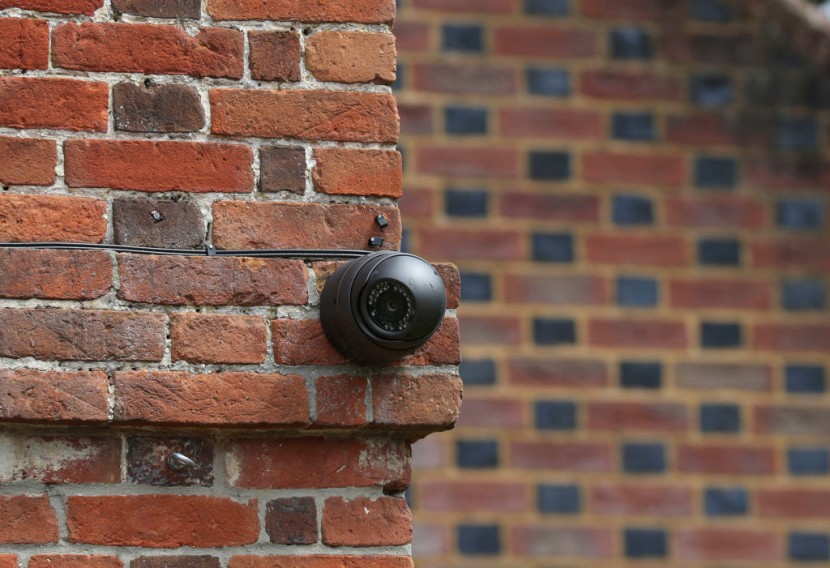Two of the top producers of security cameras worldwide are Hikvision and Dahua, but nobody is certain how many of their units are parked along UK streets.
Big Brother Watch, a privacy advocacy group, made 4,510 Freedom of Information requests to public entities around the UK between August 2021 and January 2022. Of the 1,289 respondents, 806 acknowledged using Hikvision or Dahua cameras; 227 councils, 15 police forces, and 35 councils utilize Hikvision, respectively.
Panorama discovered Hikvision cameras outside the Department for International Trade, the Department of Health, the Health Security Agency, Defra, and an Army reserve center. Hikvision cameras are also employed to monitor numerous other government buildings, according to BBC News.
Security professionals worry that the cameras may be exploited because it disrupts computer networks, which could lead to civil unrest. The country's key infrastructure, including power supplies, transportation networks, and access to fresh food and water, is at risk, warns Prof. Fraser Sampson, the UK's surveillance camera commissioner.
What Hikvision Has to Say
Hikvision claimed to Panorama that it is a separate business and poses no threat to UK national security.
Panorama tested if it was possible to hack a Hikvision camera in collaboration with US-based IPVM, one of the world's foremost specialists in surveillance technology. The one that was put in a BBC studio was provided by IPVM.

Hikvision claims that this flaw was not purposefully incorporated into the design of its products, and it emphasizes that as soon as it became aware of the problem, it released a firmware update to fix it. It further states that the test conducted by Panorama is not typical of current hardware. More than 100,000 cameras are still susceptible to this problem, according to Conor Healy, who claims that they are all online.
Is China Spying On the UK?
Chinese CCTV cameras have been under scrutiny in recent years due to concerns about their potential for spying. These concerns stem from the fact that Chinese companies are required by law to cooperate with the Chinese government and that the Chinese government has a history of using surveillance technology to suppress dissent.
There are a number of ways in which Chinese CCTV cameras could be used for spying. For example, they could be used to collect facial recognition data, which could then be used to track people's movements or identify them. They could also be used to listen in on conversations or to record video footage of people's activities.
In addition, Chinese CCTV cameras are often connected to the internet, meaning malicious actors could hack them. If a Chinese CCTV camera were hacked, it could spy on people or launch cyberattacks.
The concerns about Chinese CCTV cameras have led some governments to ban the use of these cameras in sensitive areas. For example, the UK government has banned using Chinese CCTV cameras in government buildings and military bases.
© 2026 HNGN, All rights reserved. Do not reproduce without permission.








